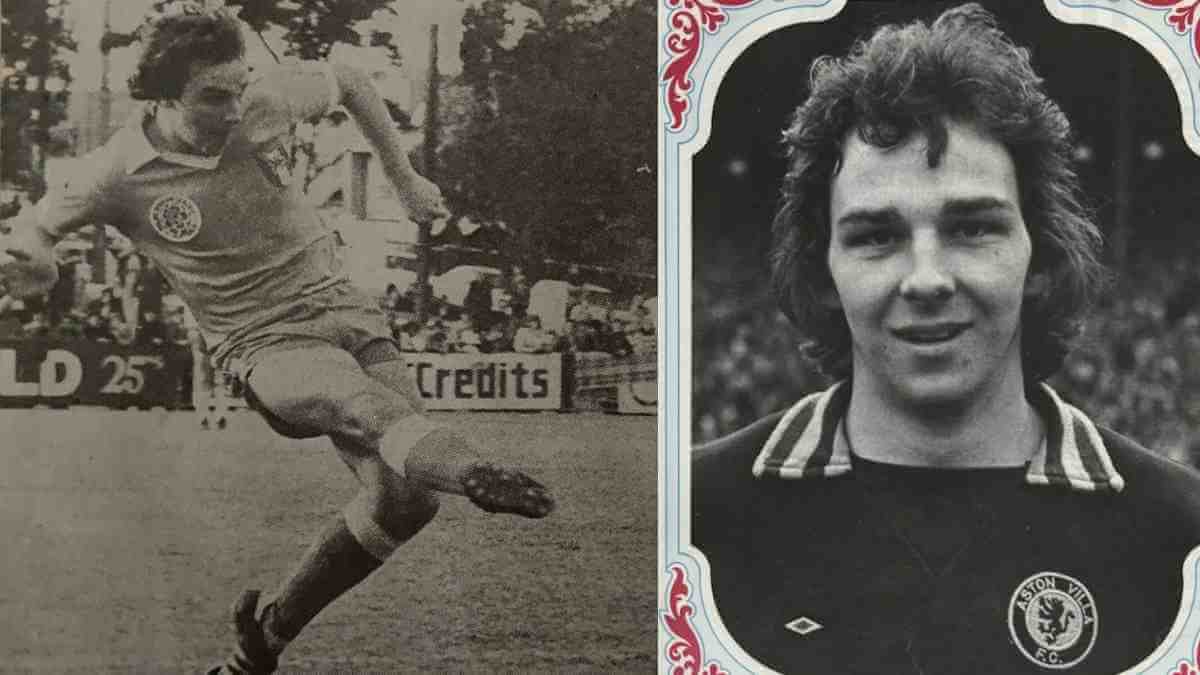Frank Pimblett: The Inspiring Football Journey from Liverpool to Australian Soccer Stardom

Frank Pimblett, born Francis Roy Pimblett on 12 March 1957 in the football-mad city of Liverpool, grew up immersed in the culture of the sport. From the terraced streets of Merseyside to the open playing fields where young talent was discovered, football was far more than a pastime for the young Pimblett. His natural ability with the ball, his keen tactical awareness and an early maturity on the pitch quickly set him apart from other aspiring youngsters. At a time when Liverpool itself was producing some of the finest footballers in the country, his rise through youth football attracted scouts and mentors who recognised the makings of a professional midfielder.
Table of Contents
ToggleBreaking Through at Aston Villa
As a teenager, Pimblett’s skills earned him a place in the youth ranks of Aston Villa, one of the Midlands’ proudest clubs. This was an era when the club was rebuilding its identity and striving for top-flight success, and competition for a first-team berth was fierce. Yet Pimblett’s calm distribution and intelligent positioning in midfield impressed the coaching staff. By the mid-1970s, while still only in his late teens, he had made the transition from promising youth player to senior squad member. For any young footballer of the time, stepping onto the pitch in the famous claret and blue of Villa Park was a moment of pure validation. He embraced the challenge with quiet determination and played a number of first-team games, showing glimpses of the vision and composure that defined his playing style.
Short Spells in the English League
After his initial breakthrough, Pimblett experienced the reality faced by many professional footballers: the need to adapt quickly to changing circumstances. He spent a short loan spell with Newport County to gain more regular football, a common path for young players looking to sharpen their competitive edge. His time at Newport, though brief, gave him valuable match experience and tested his resilience away from the relative comfort of his parent club.
Following his loan, he made a move to Stockport County, where he sought a more consistent role in the starting eleven. Stockport, a club with a loyal following and a tradition of developing hard-working professionals, provided Pimblett with the chance to refine his craft in the demanding environment of the lower leagues. Later, he would also spend time with Hartlepool United, continuing to showcase his abilities as a thoughtful and technically sound midfielder. These stints across different clubs illustrate the journey of a professional who never lost his hunger to play the game, adapting to new teams and proving his worth in varied surroundings.
Embracing a New Footballing Frontier in Australia
While many players of his generation remained within the familiar circuits of English football, Frank Pimblett made a bold and life-changing decision: to continue his career on the other side of the world. In the late 1970s, Australia was taking its first major steps towards building a truly national soccer competition. The National Soccer League had only recently been established and was eager to raise standards by welcoming players with experience from the traditional football heartlands of Europe.
Pimblett joined Brisbane City in Queensland, becoming one of the early English professionals to lend credibility and skill to the fledgling Australian league. The move was not simply a career shift but a cultural adventure. He brought with him the discipline and tactical understanding of the English game and adapted these qualities to the vibrant but still developing Australian football scene. His performances quickly earned the admiration of supporters and teammates alike, helping to lift the standard of play and inspiring a generation of young Australian players.
Impact and Legacy Down Under
Frank Pimblett’s influence in Australia extended beyond the statistics of matches played or goals scored. He became a figure of professionalism at a time when soccer in Australia was striving to establish itself alongside more entrenched sports such as rugby and cricket. His experience in the English leagues gave him a perspective that he freely shared with teammates and coaches, helping to shape the standards and expectations of the new competition.
In Queensland, his name became synonymous with the early era of the National Soccer League, a period that laid the groundwork for the modern A-League and the growing popularity of football across the country. Supporters remember not only his ability to control the midfield but also his leadership and willingness to mentor younger players. Pimblett’s move helped bridge the gap between the traditional European football culture and the emerging Australian scene, an achievement that continues to be appreciated by those who followed the sport’s development in the region.
Family Connections and Personal Character
Away from the pitch, Pimblett’s life was enriched by a strong family network and a natural humility. He was known for his approachable manner and the respect he showed to fans and colleagues. In later years, his family connection to the mixed martial artist Paddy Pimblett attracted renewed attention, but Frank remained best known in sporting circles for his own contributions to football. His journey from Liverpool’s grassroots pitches to international influence speaks to a character shaped by determination, courage and a love for the game that never waned.
A Career of Resilience and Adaptability
Frank Pimblett’s story is a testament to the resilience required of professional athletes. He faced the fierce competition of top-flight English football, adapted to the demands of different clubs and ultimately seized the opportunity to continue his career in a new and unfamiliar country. At each stage, he proved that talent must be matched with flexibility and a willingness to embrace change. His decision to move to Australia at a time when few English professionals made such a leap shows both his adventurous spirit and his commitment to playing the sport he loved at the highest level possible.
Remembering Frank Pimblett
Frank Pimblett passed away in June 2024 at the age of sixty-seven, leaving behind a legacy that spans continents. In England, he is remembered as a gifted midfielder who represented Aston Villa and other clubs with distinction. In Australia, he is celebrated as a pioneer who helped lay the foundation for the nation’s modern football culture. His career embodies the journey of a player whose love for the game transcended geographical boundaries and whose impact continues to be felt in both the UK and Australia.
Conclusion: A Lasting Influence on Two Footballing Worlds
From the bustling streets of Liverpool to the growing soccer fields of Queensland, Frank Pimblett’s life story is one of ambition, adaptability and lasting influence. He demonstrated that a footballer’s contribution cannot be measured solely by statistics or trophies but also by the inspiration they provide and the pathways they create for future generations. His name stands as a link between two footballing worlds, and his memory continues to inspire young players who dream of making their mark both at home and abroad.



